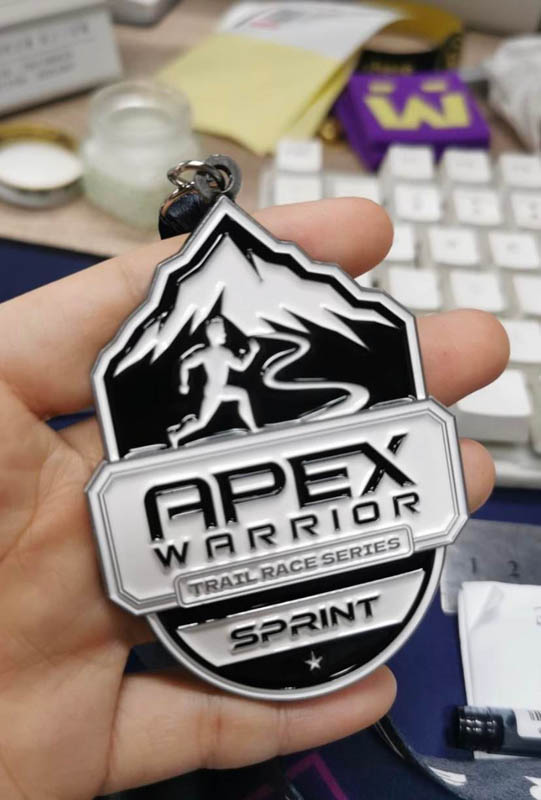Runners love their GPS watches.
The wearable technology can help them ensure that they’re
on pace, running their workouts properly and can help
them monitor their training load. But there times when
running without a GPS watch is a good idea, and ways in
which relying on a watch can hinder performance instead
of helping it. Here are some reasons why runners should
consider occasionally ditching the GPS.
On your really easy days
On the days that you’re supposed to be running easy,
try leaving the watch at home. When you’re running
a pace that’s a lot slower than you would typically,
a watch reminding you of how slow you going isn’t
going to make your run any better. The purpose of that
day is recovery, so don’t worry about your Strava
followers seeing your slow miles, and leave the fancy
watch at home. Let yourself enjoy the recovery and not
worry about the pace. You’ll be better for it by
the next workout.
On race day
Wearing a watch on race day is a gamble: on one hand,
it’s important for helping runners stay on pace,
on the other, it can limit you a little. Trevor Hofbauer
won the Canadian Marathon Championships at the 2019 Scotiabank
Toronto Waterfront Marathon in 2:09:51–without a
watch. His marathon was the second-fastest ever run by
a Canadian and qualified him for the upcoming Tokyo Olympics.
Hofbauer said post-race: “I’ve found training
with a pace immediately dictates how your workout is going
to go. I trained with pace and Strava for years. One day
I was running with Eric Gillis [Olympian and one of Canada’s
fastest-ever marathoners] in Guelph and he didn’t
use pace on his watch so I took it off of mine as well.
Removing pace was something that stuck.” When runners
become married to a pace, they removed the option of surprising
themselves with an out-of-the-box performance like Hofbauer’s
nine minute personal best.
However, if you’re
a runner who’s prone to overcooking the first few
kilometres of their race, keep the watch.
When you need to totally disconnect
If you’ve had an overwhelming day
and you just need some time alone with your head, hit
the trails and don’t worry about anything but enjoying
the run. This can help clear you mind and offer a reset.
When you’re coming back from injury
When you’re coming back from an injury, everything
feels difficult. Getting back into shape is no easy task,
and a constant reminder of how slowly you’re moving
isn’t what you need. Start your first runs back
from injury without a watch and give your body time to
get there. You’ll end up in your pre-injury shape,
it’s just going to take some patience.
|










219.jpg)











































